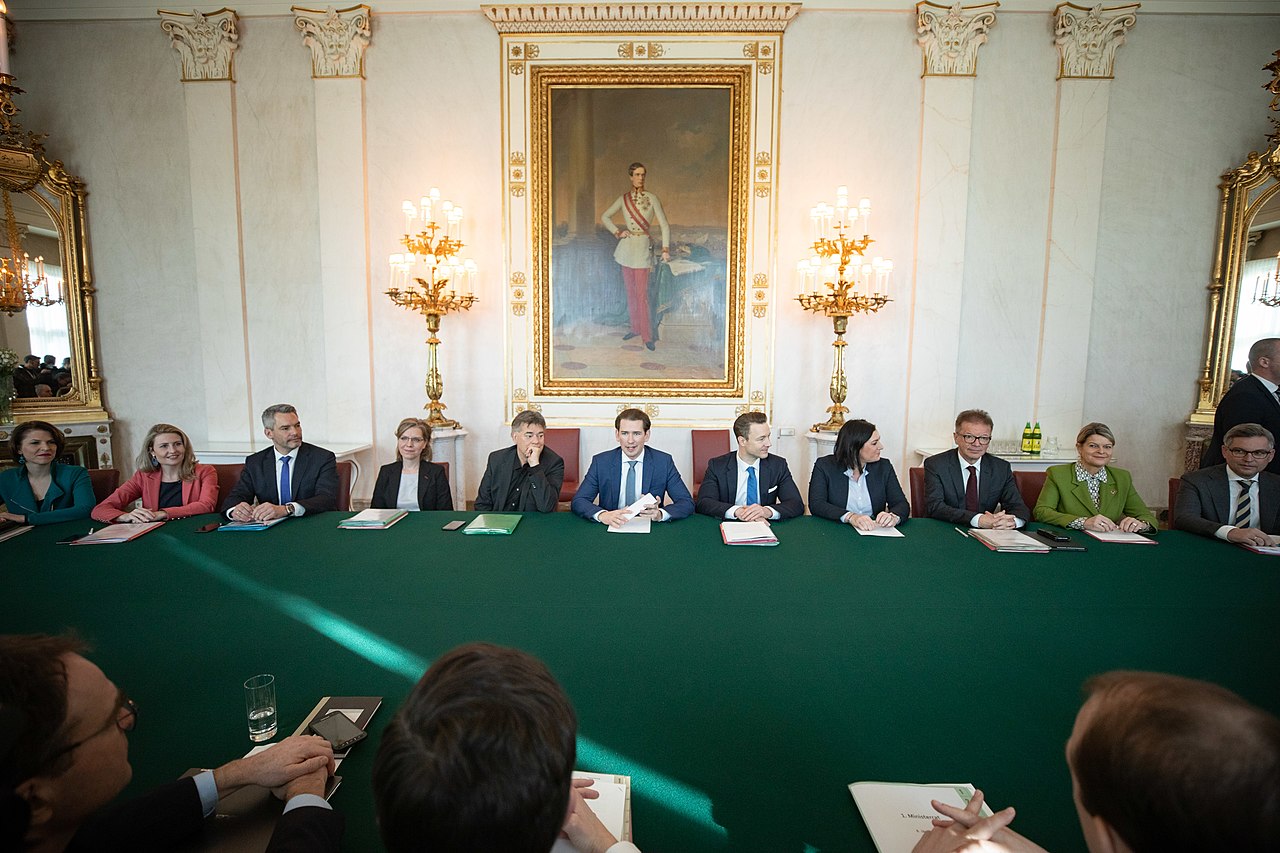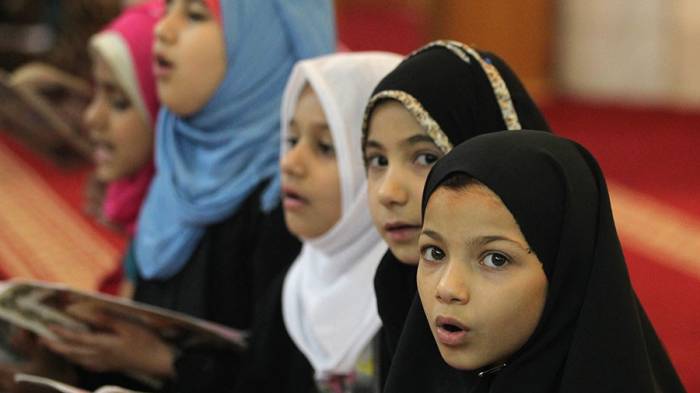More than 500,000 Muslims live in Austria, but this figure tells us nothing about how many are actual believers. The expression “C and E Christians” (German version: “Baptismal-certificate Catholics”) applies to the Muslim community as well – people who still live according to certain traditions, but otherwise live a largely secular life.
For these “Muslims” there now exists a representative organization: the Central Committee of Ex-Muslims was founded yesterday (February 26) in Vienna, with the intention of appealing to those who are Muslims on paper, though perhaps not in practice.
The association plans to be involved in debates among Muslims on issues such as the headscarf or minarets, while they also intend to set up a phone hotline for youth. The founder, Cahit Kaya, explains that “we would like offer assistance to children from Muslim families who may not have anyone to talk to.” However, the association is still searching for funding, which explains the lack of a homepage or even an office. Furthermore, it does not look like this constitutes the beginning of a mass movement that might prove to be a rival to the numerous religious associations and the Islamic Community in Austria (IGGiÖ). “The core,” says Kaya, “consists of around twenty people.” Nonetheless, the point is not the number of members at the moment, but establishing a presence and speaking out when Muslim themes are discussed.
The German counterpart and model, founded in 2007, has already shown how this can successfully be done. A Swiss branch was founded in 2009, and now it is Austria’s turn. The figurehead of the movement is the Islam-critic and feminist Mina Ahadi, who was forced to flee Iran for her political activities – first to Vienna, then to Germany. Ahadi has received numerous threats on account of her activities, which Kaya anticipates will be the same in his case as well.
In Austria, renouncing Islam can be done as with any other religious community: all one needs is to submit a form to the proper authorities, such as the Magistratisches Bezirkamt in Vienna. Carla-Amina Baghajati, spokesperson for the IGGiÖ, stated: “one cannot bring people to something that they do not believe,” though she logically was not enthusiastic about the new association.
The IGGiÖ will most likely be one of the most important sparring partners for the new Central Committee, both with regard to the former’s claim to representativeness as well as legitimacy in religious interpretation. “The attempt to raise children a certain way does not always come from the family, but also from outside,” says Kaya. “And we reject that.”






